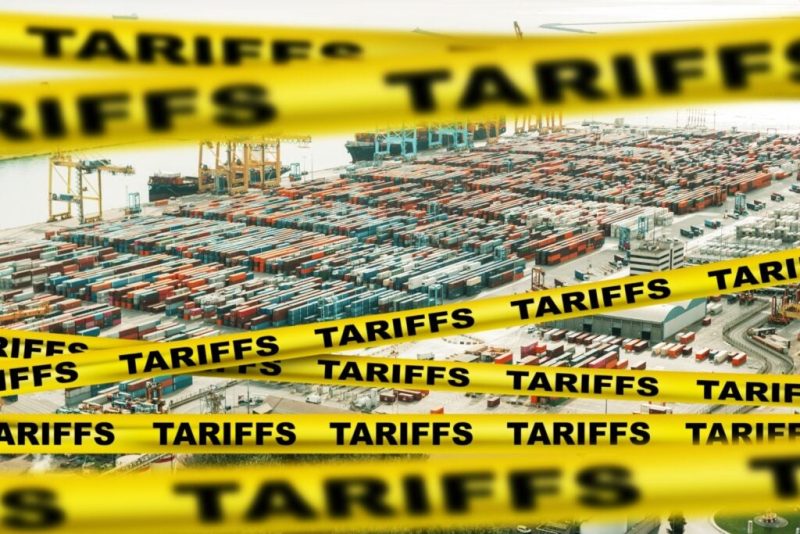
The ongoing trade tensions between the US and the EU present a ripe opportunity for China to advance its own global economic agenda. As President Trump attempts to negotiate a tariff agreement with the European Union, experts are warning of a potential Chinese counter-move: a strategic deal designed to undercut Trump’s efforts and strengthen China’s ties with Europe.
The concern stems from the delicate balance of power in global trade. The US and EU, historically significant trading partners, are currently embroiled in negotiations marked by disagreements and uncertainty. This vulnerability creates an opening for China to step in and offer more favorable trade terms to the EU, potentially weakening the US’s negotiating position and isolating it further.
Such a move would be a classic example of strategic maneuvering in international trade. By offering better deals and potentially greater market access, China could lure European nations away from closer alignment with the US. This could have significant long-term implications for the global economic landscape, potentially reshaping alliances and trade flows for years to come.
The potential for a China-EU deal raises concerns about the effectiveness of Trump’s tariff strategy. If China successfully exploits the strained US-EU relationship, it could demonstrate a significant weakness in the current US approach to trade negotiations. The resulting shift in global trade dynamics could have far-reaching consequences for businesses, consumers, and international relations.
Ultimately, the situation highlights the complex and interconnected nature of global trade. Any agreement between China and the EU would have significant repercussions, underscoring the need for careful consideration and strategic planning by all parties involved. The coming months will be crucial in observing how these trade dynamics unfold and what impact they will have on the global economy.










